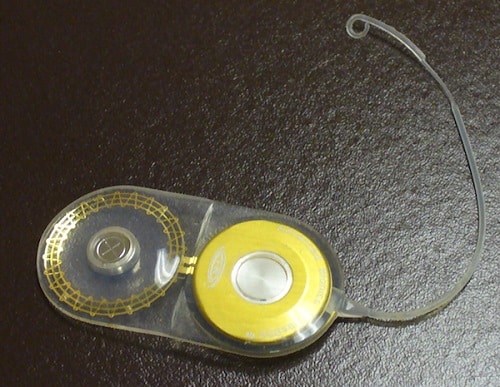Beneficial for severe hearing loss, the tiny electronic device incorporates a sensor that monitors conditions directly in the inner ear

The cochlea is a spiral-shaped bone structure present in our inner ears that plays a key role in hearing.
For people suffering severe hearing loss caused due to inner ear damage, a cochlear implant (CI) can help them hear sounds better.
A CI is a small electronic device whose external part is worn behind a person’s ear while the internal part is implanted into the ear via surgery. The external part consisting of a microphone picks up the sound and transmits the signal to the internal part, which then stimulates the auditory nerve and sends to the brain a sensation of hearing.
Generally, tiny electrodes are used in the inner part. Now, researchers from the Faculty of Medicine and the Faculty of Engineering at the University of Freiburg have developed a method that converts the stimulation electrodes of CIs into electrochemical sensors. With the help of this novel sensor function, the functionality of cochlear implants could be monitored directly in the inner ear in the long term.
“For the first time, specific sensor protocols allow the classic stimulation electrodes of the cochlear implant to be used as highly sensitive and accurate microsensors,” said Dr Andreas Weltin, group leader at the Department of Microsystems Engineering (IMTEK) at the University of Freiburg.
He added, “This sensor function is the basis for smarter implants that could monitor the implant’s condition and its environment directly in the inner ear.”
With this development, the researchers next plan to check the sensor’s consistency in an animal model over a longer time.
“If we also achieve positive results here, it could be an important milestone on the way to permanent sensor-based monitoring of cochlear implants,” said Dr Nicole Roßkothen-Kuhl, Medical Faculty of the University of Freiburg and head of the Neurobiological Research Laboratory in the Department of Otolaryngology at the University Medical Center Freiburg.
Implant recipients would benefit greatly from such on-site monitoring. “The more precise the information we receive about possible changes, the better implants can be developed to enable perfect hearing for as long as possible,” she said.
For detailed information, read here






